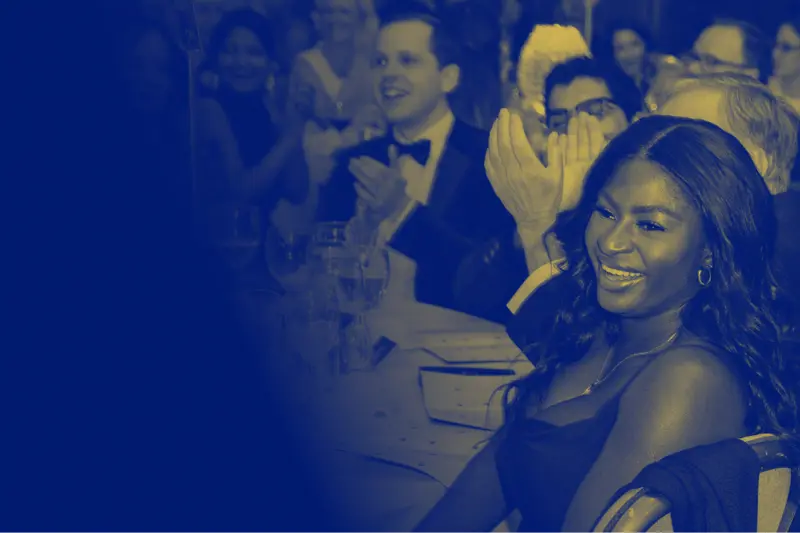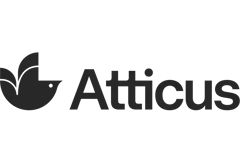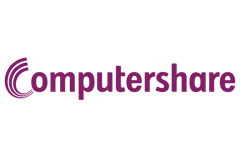SAVE THE DATE: The 2026 Awards will be held on 3 November 2026 at the Royal Lancaster, London
The CGIUKI Awards rewards the work and achievements of companies, teams and individuals from across the governance profession. The ceremony is the largest event of its kind in the UK and a real highlight of the governance social calendar.
Along with awards recognising rising stars, established professionals, outstanding contributors and service providers, there are prizes for transformational projects, innovation in diversity & inclusion, ESG that goes above and beyond, reports, and disclosures.
We will reopen for submissions in Spring 2026
We look forward to once again celebrating the very best in governance.
Winners
Congratulations to our 2025 winners.
Categories
There are 18 awards categories, with 10 open for nomination. Find out what to cover in your nomination submission and check the judge’s criteria.
Judges
Meet our 2025 panel here.
Highlights
View and download the photos from past Awards ceremonies and see the winners from recent years.

